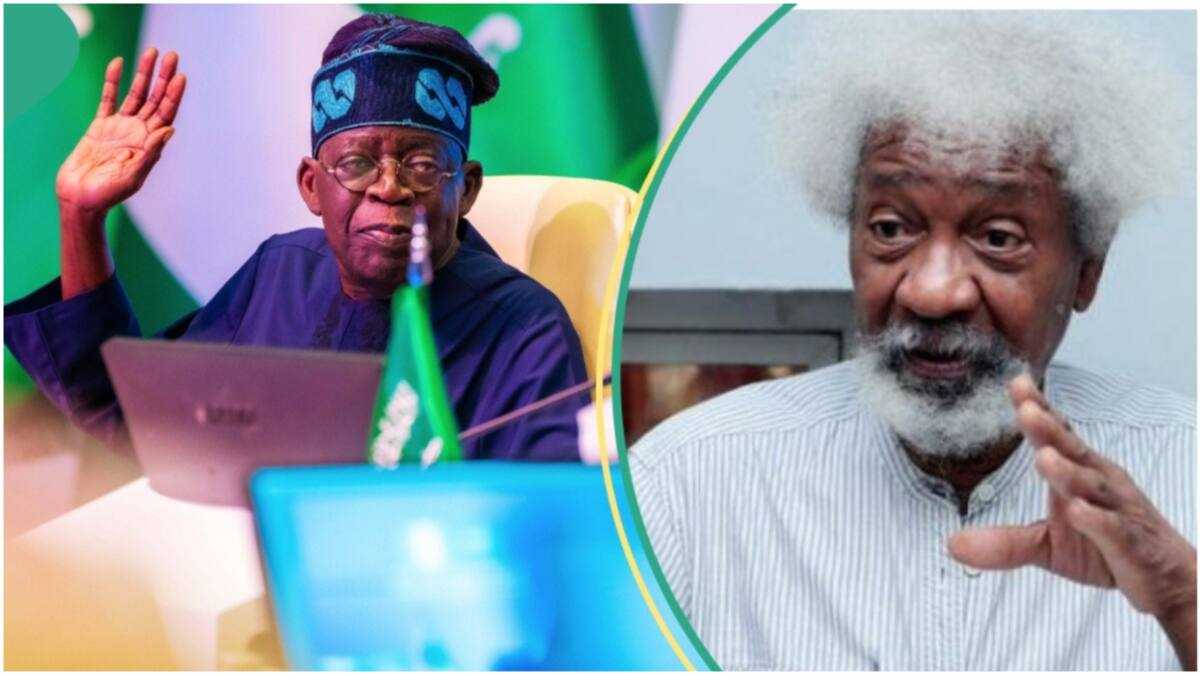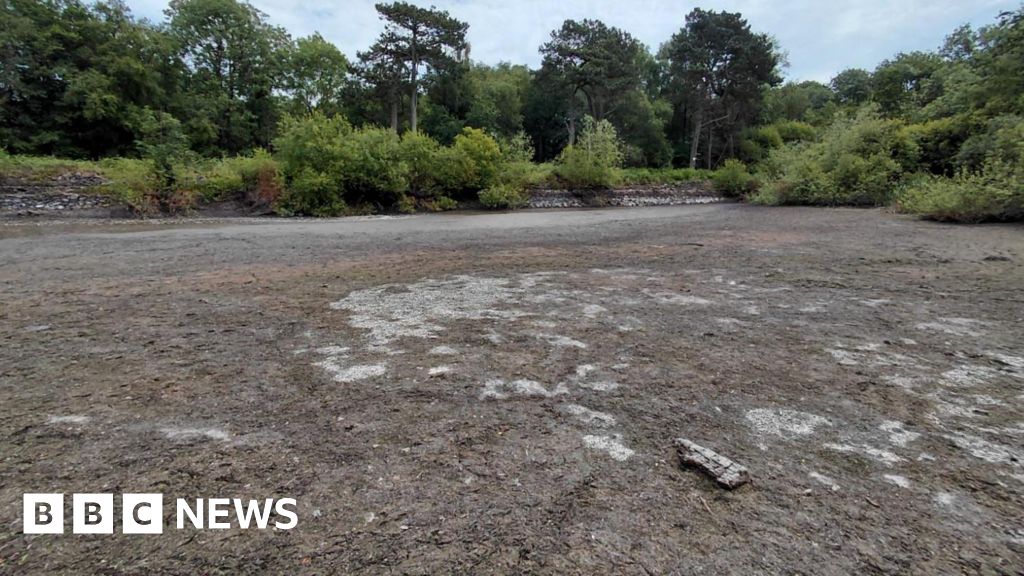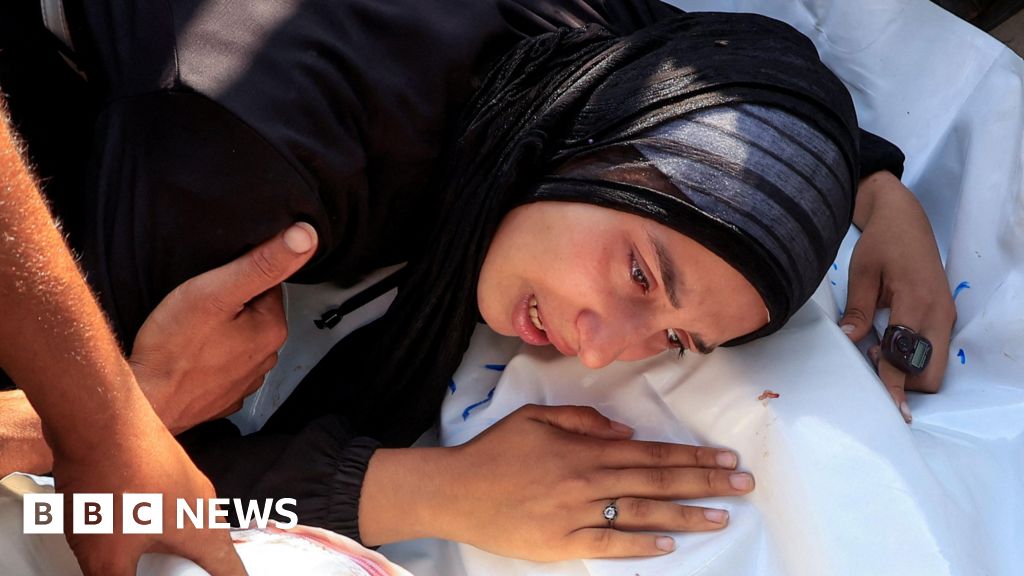Minister of Health warns against excessive workshops as infrastructure gaps widen
Minister of Health, Kwabena Mintah Akandoh
Minister of Health, Kwabena Mintah Akandoh, has cautioned stakeholders in Ghana’s health sector against an overreliance on workshops and seminars, urging a shift in focus towards addressing the country’s critical infrastructure and service delivery gaps.
Speaking at the inauguration of the Pandemic Fund National Steering Committee in Accra, Akandoh expressed concern over the disproportionate use of health sector funds on training sessions, calling for more prudent and impactful investment.
“I have only been in office for a few months, and what I have realised is that a significant portion of the available funds is being used for workshops and meetings,” he said.
“I sincerely hope this won’t be business as usual. I will vehemently oppose that.”
The 13-member committee, tasked with strengthening Ghana’s pandemic preparedness, response, and prevention mechanisms, is expected to direct funding towards tangible improvements in healthcare infrastructure and readiness.
“The fund will specifically support improvements in health workforce readiness, laboratory infrastructure, and early warning surveillance systems,” Akandoh noted, citing recent health challenges including meningitis in the Upper West Region, cholera outbreaks in the Greater Accra and Central Regions, and over 79 confirmed Mpox cases.
He underscored the limitations of training-heavy interventions in the face of emergencies.
“We can organise all the workshops in the world, but without well-equipped laboratories, what happens when there’s a pandemic?” he asked.
“Workshops and meetings are not bad in themselves, but it is absolutely absurd to spend more than 20 percent of the funds on them.”
The Minister emphasised the need for consensus on allocating resources, stressing that most of the funding should be used for interventions that deliver real benefits to the average Ghanaian.
Akandoh also charged the newly inaugurated committee to prioritise accountability, transparency, and measurable results in their work.
In a related address, Dr. Sofonias Asrat, Lead for the Universal Health Coverage Life Course Cluster at the World Health Organization (WHO), encouraged the committee to uphold inclusivity and transparency in all its activities to strengthen Ghana’s public health response capacity.
The committee was inaugurated under the theme: “Strengthening Systems for Pandemic Preparedness and Response in Ghana.”













